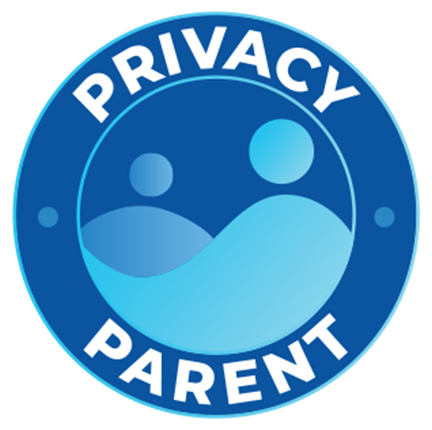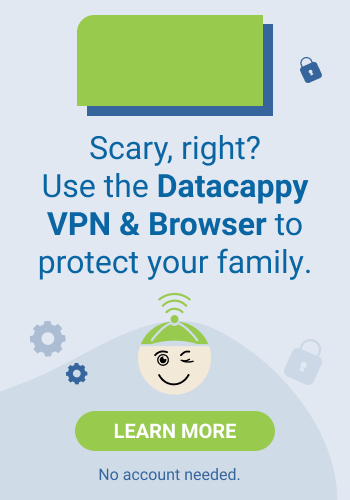
When you go online through your home computer or mobile device, your Internet Service Provider (ISP) creates a 10-digit unique “name” for your computer. This “name” is based on info like what country you’re in, whether your ISP is private or belongs to a government organization, your type of network and other technical details.
If you use a different computer or device at work, or utilize a public network like a hotel or coffee shop, a different number is generated.
This number is called your IP address, which is short for Internet Protocol. This IP address indicates that your computer and ISP use an established set of rules to transmit data over networks using a unique number. It is similar to receiving a different address or phone number when you move to a new home.
IP Addresses Used to be Just Numbers
In the early days of the Internet, back in the 1970s, numbers instead of names were used to distinguish between the millions of users. Earlier IP numbers used a system called IPv4, which consisted of 32 bits, or four digits separated by periods, and 256 possible numerical combinations.
Today, with billions of online users, more ISPs have switched to a more secure format called IPv6, which provides 128 bits, 10 digits separated by periods, and 2,128 possible combinations for your digital footprint.
If you have several family members on the same network, they’ll all likely have the same IP address or slight variations.
How Can You (Or a Hacker) Figure Out Your IP Address
You can learn your IP number by typing “ipconfig” in the Windows command box or the Mac Utilities Terminal.
This number may occasionally change if you modify your router, modem or server, or you switch ISPs. Users familiar with their IP settings and security can create their own secure static address, or ask if their ISP allows them to purchase one.
Hackers sometimes create false IP addresses to cover their tracks and confuse authorities, or they use ones they’ve discovered by breaking into people’s systems.
Learning someone’s IP number usually requires breaking into their system, which can be defended against by a strong firewall, an encrypted router password, a trusted VPN, or a regularly locked phone. These defenses help keep people out, even if hackers find your IP number through other means, such as malware or one of your kids sharing it during an online conversation.
It’s generally difficult to learn someone’s personal identity from the IP number alone. The only exceptions seem to be poorly-secured ISPs, or law enforcement trying to narrow down suspects and online activity in a certain geographic area.
How Do You Protect Your IP Address
If you’re concerned about people finding your IP address, consider logging in through a VPN service (remote desktop), or logging into a proxy server, which can create new IP addresses. Using a public WiFi provides a different IP address, but greatly increases the risk of people spying on your activity.






